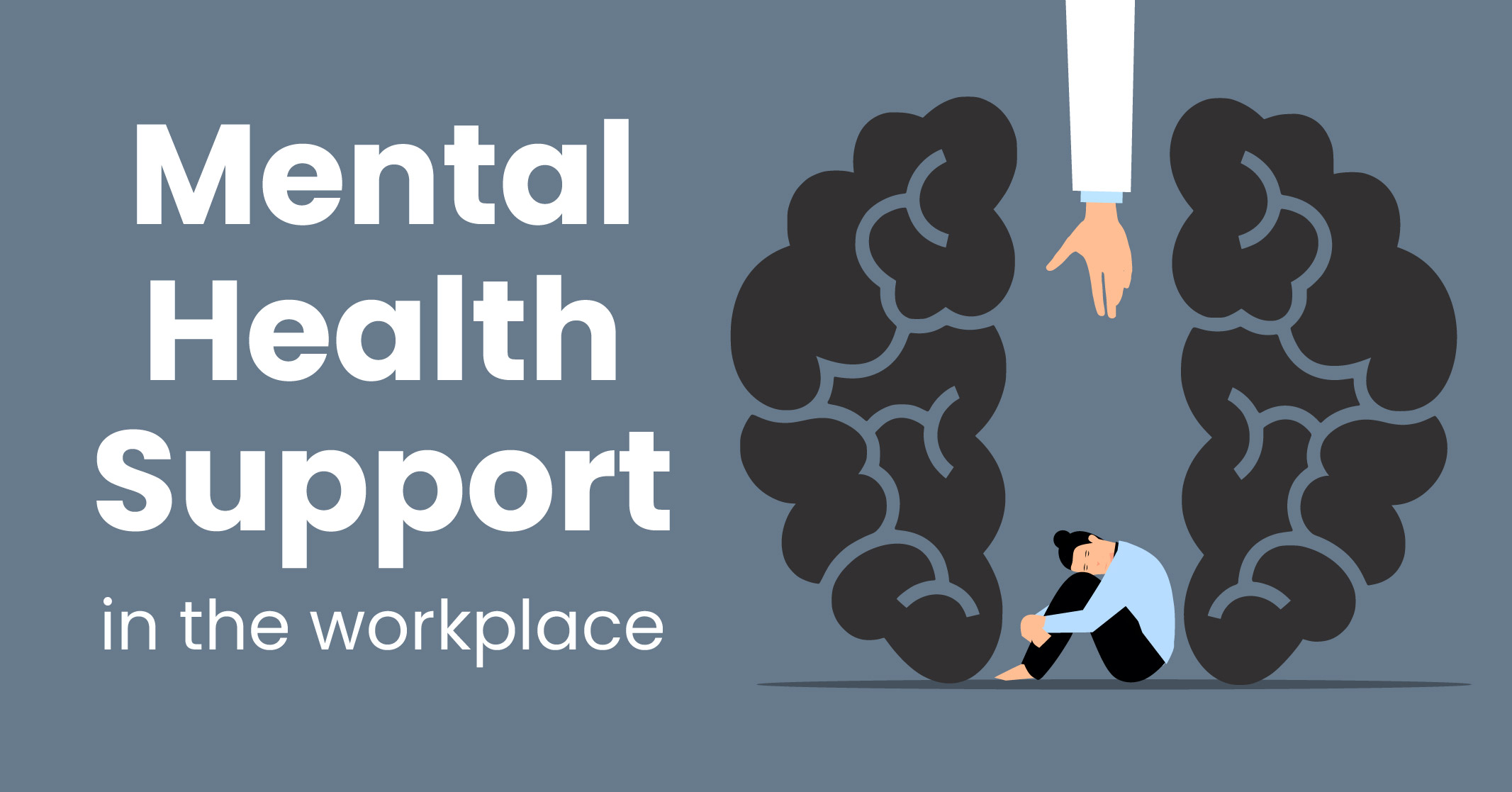The Importance of Accessible Behavioral Health Services in Your Community
The Importance of Accessible Behavioral Health Services in Your Community
Blog Article
Comprehensive Inpatient Mental Health And Wellness Providers for Effective Therapy
Inpatient mental wellness solutions stand for a vital part of the healthcare system, offering a intensive and organized environment for individuals experiencing serious mental distress. These services use a multidisciplinary technique, incorporating numerous evidence-based therapies to address the complex requirements of people. The effectiveness of such thorough treatment extends beyond instant stabilization; it also encompasses the shift to outpatient assistance, a critical phase often overlooked - inpatient mental health services. Discovering the subtleties of this continuum reveals significant effects for both private healing and more comprehensive mental health and wellness end results. What elements absolutely influence this shift, and exactly how can we improve its efficiency?
Recognizing Inpatient Mental Health And Wellness Services
Inpatient mental health and wellness services offer crucial support for individuals experiencing serious emotional distress that can not be handled effectively in an outpatient setting. These services are made to provide an extensive level of treatment in a structured setting, frequently within a health center or specialized center. Individuals admitted to inpatient programs typically display acute symptoms, such as self-destructive ideation, extreme depression, or psychosis, necessitating round-the-clock tracking and intervention.
The admission process generally involves an extensive evaluation by psychological wellness specialists, who examine the person's mental state, history, and instant demands. Once admitted, patients take part in a variety of therapeutic methods tailored to their details demands, including drug administration, private therapy, and team sessions. This all natural technique aims to stabilize the client's problem, advertise safety, and foster coping abilities.
Inpatient psychological wellness services not only address immediate health concerns but likewise function as a bridge to recurring treatment. By providing a regulated environment, these services promote the growth of treatment plans that can be continued in outpatient setups, hence ensuring a continuum of care and improving long-term results for people with complicated mental health needs.
Trick Parts of Effective Treatment
Effective treatment in inpatient psychological health solutions consists of a number of crucial components that foster recuperation and stablizing. A detailed evaluation is crucial to identify the person's particular needs and obstacles. This analysis notifies the development of a tailored treatment strategy, which acts as a roadmap for intervention.
Another vital part is the multidisciplinary group approach. Cooperation amongst psychiatrists, psycho therapists, registered nurses, and social employees ensures that various perspectives add to the individual's care, improving the performance of therapy. Evidence-based therapeutic techniques, such as cognitive-behavioral therapy (CBT) and dialectical habits therapy (DBT), are additionally important, giving structured techniques that attend to maladaptive thought patterns and behavioral problems.

Finally, an emphasis on aftercare planning is essential to make certain a smooth change to outpatient solutions, lessening the danger of relapse and promoting long-lasting health. These collective components develop an efficient therapy structure within inpatient mental health solutions.
Advantages of Comprehensive Care

Detailed care in inpatient mental wellness services supplies various advantages that dramatically improve client results. One of the view it primary advantages is the alternative method to therapy, addressing not just the emotional signs and symptoms however additionally the physical, social, and emotional demands of individuals. This thorough assessment permits customized treatments that promote general well-being.
One more advantage is the combination of multidisciplinary teams, which promotes partnership among health care experts. This collective atmosphere makes certain that individuals obtain coordinated treatment, reducing the risk of fragmented treatment and boosting communication among caregivers. Furthermore, thorough care assists in continuity of solutions, enabling smooth shifts from inpatient to outpatient setups, which is vital for long-term recovery.

Lastly, the organized setting of detailed inpatient care supplies a secure area for clients to involve in restorative activities, helping them establish coping methods and strength. Collectively, these advantages contribute to a lot more reliable treatment and boosted quality of life for people experiencing psychological health dilemmas.
Evidence-Based Therapeutic Strategies
In the realm of psychological wellness therapy, evidence-based healing approaches play a crucial duty in ensuring that people receive reliable and clinically supported treatments. These methods incorporate the finest available study with scientific competence and patient worths, fostering a tailored therapy experience that attends to individual needs.
Cognitive Behavior Modification (CBT) is one of one of the most extensively acknowledged evidence-based approaches, focusing on identifying and changing unfavorable thought patterns and actions. This organized approach has actually demonstrated efficacy in dealing with conditions such as stress and anxiety, ptsd, and clinical depression. Likewise, Dialectical Habits Treatment (DBT) is especially reliable for people with borderline personality condition, highlighting the growth of psychological guideline and social performance abilities.
Additionally, medicine administration is typically an integral element of evidence-based therapy, as psychotropic medicines can alleviate signs and symptoms and improve total functioning. Collective treatment models, which entail multidisciplinary teams, additionally improve the efficacy of inpatient services by ensuring thorough analyses and continual monitoring.
Inevitably, the combination of evidence-based healing techniques not just advertises favorable professional outcomes however additionally encourages people, promoting a sense of company and resilience in their psychological health journeys.
Transitioning to Outpatient Assistance
The transition from inpatient mental health and wellness solutions to outpatient assistance marks a crucial phase in a patient's recovery journey. This period needs careful preparation and helpful resources control to make certain continuity of treatment and to minimize the risks of relapse or crisis. Efficient discharge preparation should start early in the inpatient keep, entailing a multidisciplinary team that consists of psychoanalysts, psycho therapists, nurses, and social employees.
Trick elements of a successful change include the growth of an extensive aftercare strategy customized to the person's details demands. This strategy ought to lay out follow-up visits, medicine administration, and healing interventions, in addition to determine area sources and assistance groups that can help with continuous recovery.
Moreover, individual and family education and learning is important during this stage. Understanding the indicators of possible setbacks and the importance of sticking to therapy can encourage patients and their assistance systems.
Routine follow-up and reassessment of the outpatient strategy are important to deal with evolving obstacles. By fostering a collective partnership in between inpatient and outpatient service providers, the likelihood of sustained recovery boosts, inevitably improving the patient's top quality of life and minimizing the risk of readmission.

Final Thought
In summary, thorough inpatient mental health services offer a crucial structure for addressing extreme psychological distress through a multidisciplinary approach. By incorporating evidence-based therapies, fostering an organized atmosphere, and promoting family participation, these solutions enhance treatment effectiveness. The Get the facts focus on security and the development of dealing abilities not only help in prompt healing yet also helps with a smoother change to outpatient care. Inevitably, such extensive treatment is crucial for lasting psychological health and health.
The admission procedure typically entails a comprehensive assessment by mental health experts, who review the individual's psychological state, background, and prompt requirements.Reliable therapy in inpatient psychological health services comprises several crucial parts that promote recovery and stablizing.Detailed treatment in inpatient mental wellness solutions supplies numerous advantages that dramatically enhance client outcomes.The shift from inpatient psychological wellness services to outpatient support marks a vital stage in a patient's healing trip.In recap, comprehensive inpatient psychological wellness services supply an important structure for addressing serious emotional distress through a multidisciplinary approach.
Report this page